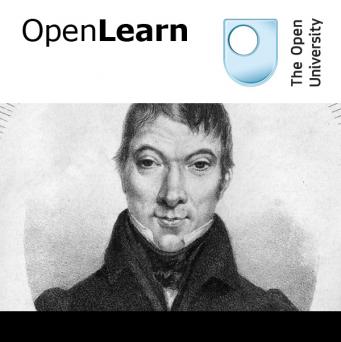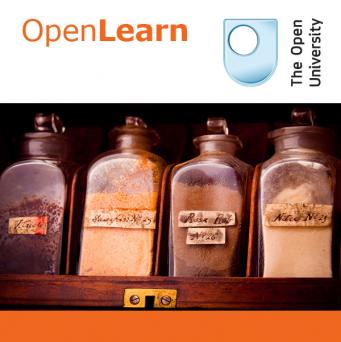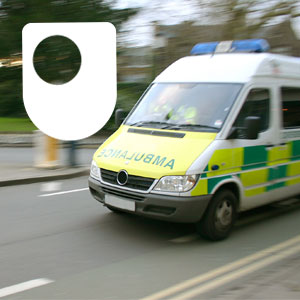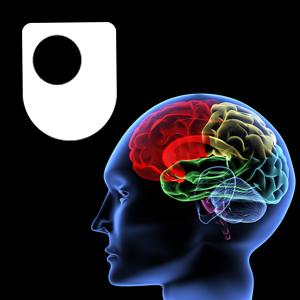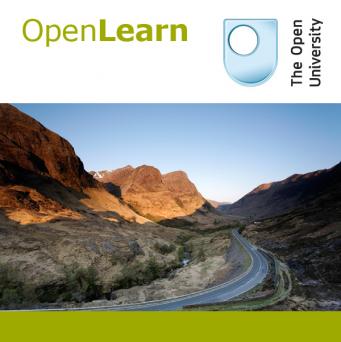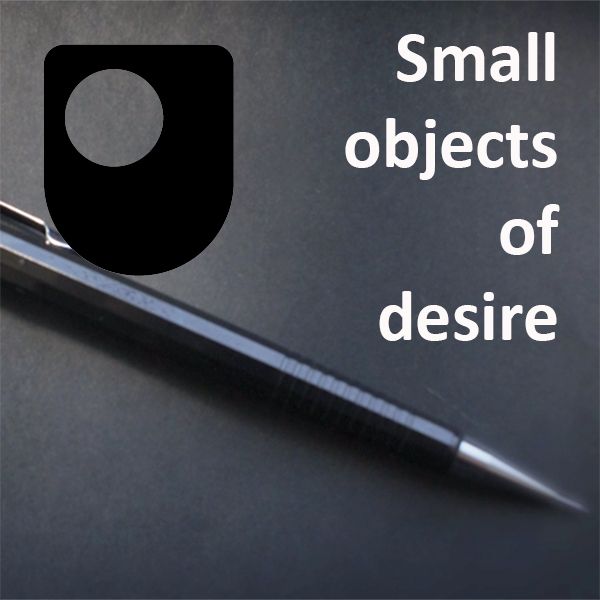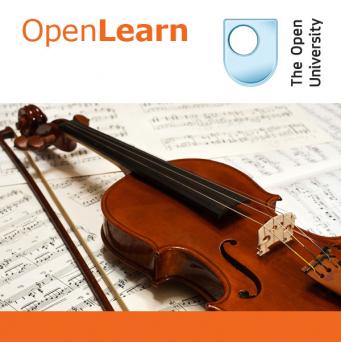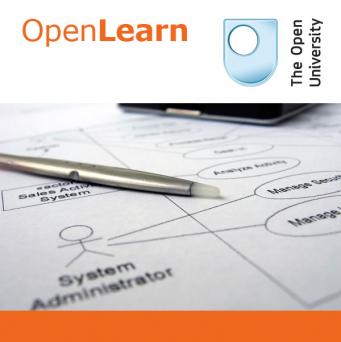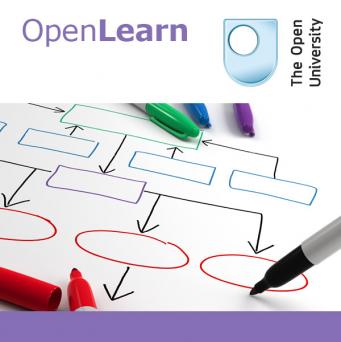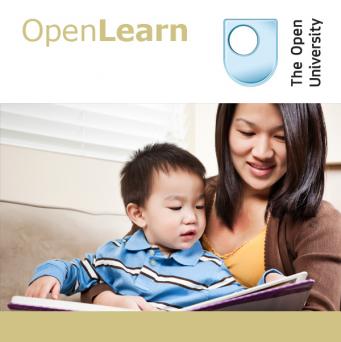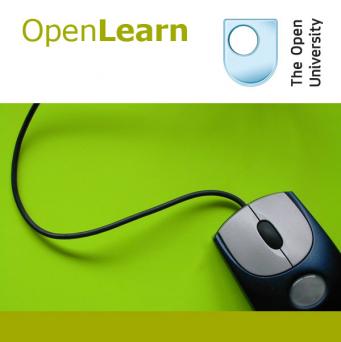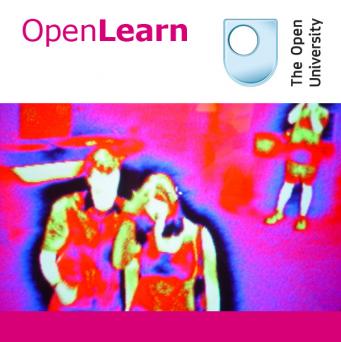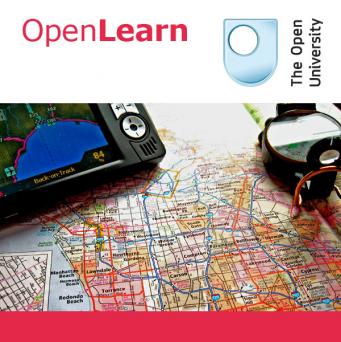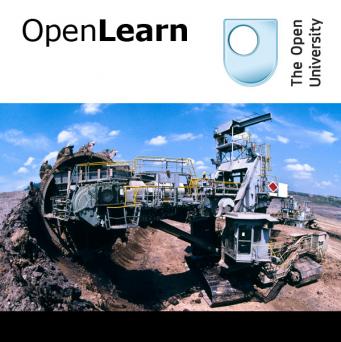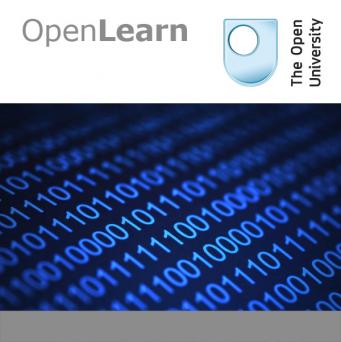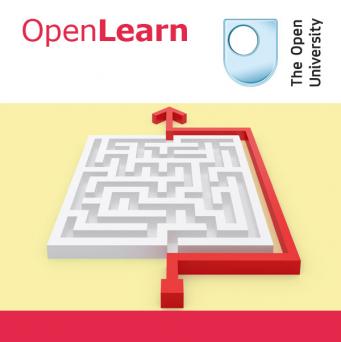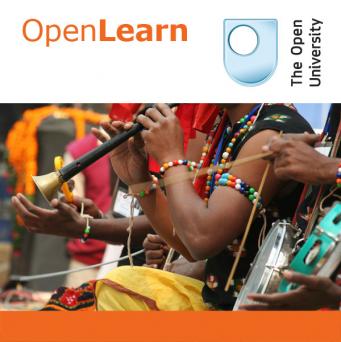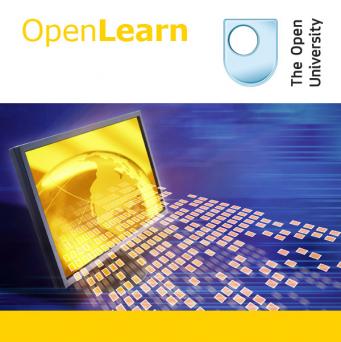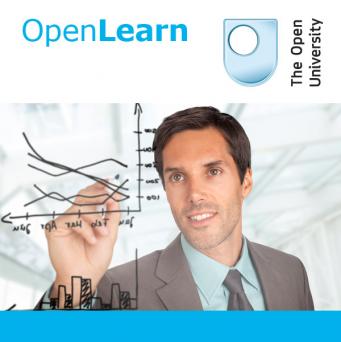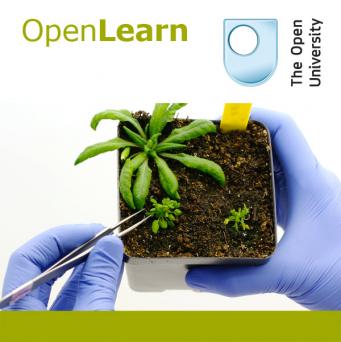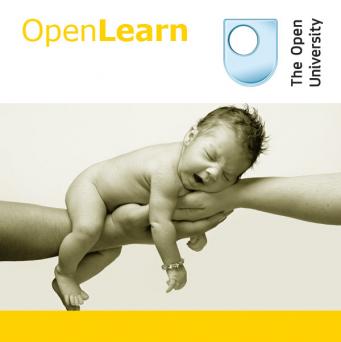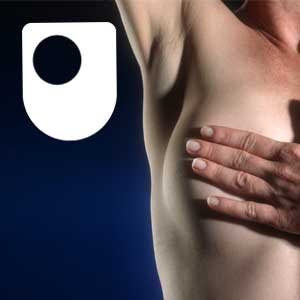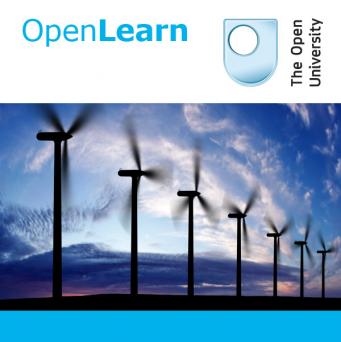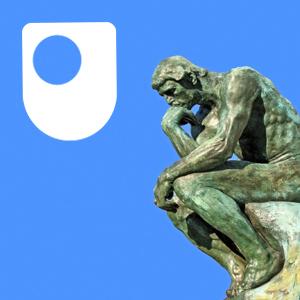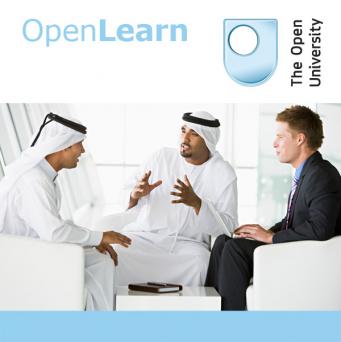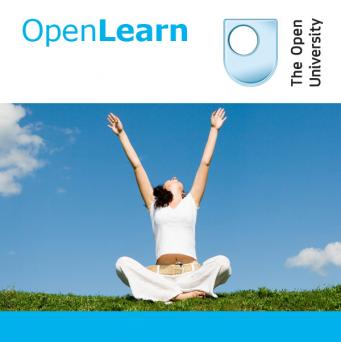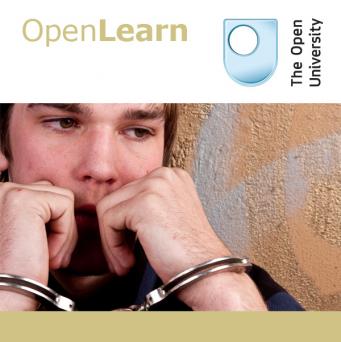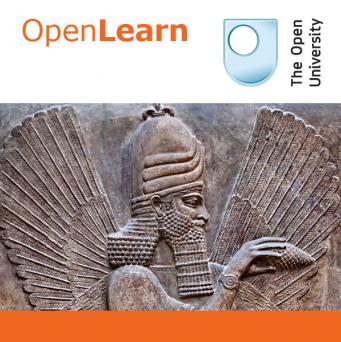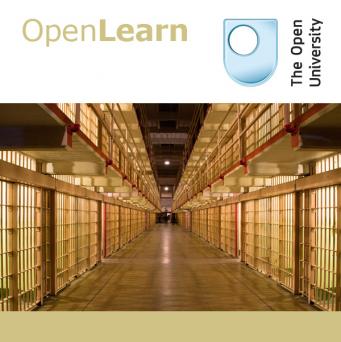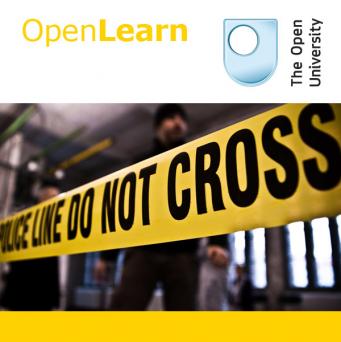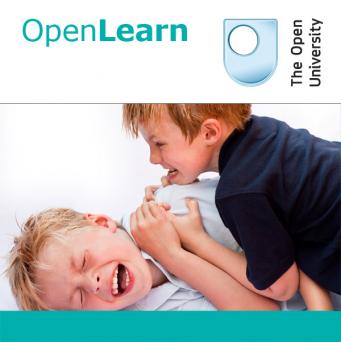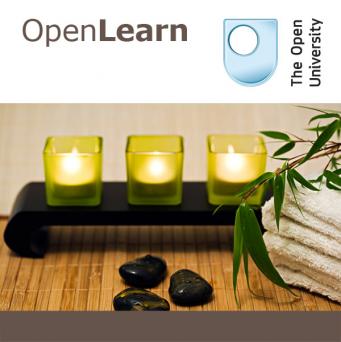The Open University
Childcare, education, working conditions, healthcare, crime … these issues are hotly debated in today's society. They are also issues that Robert Owen, seen by some as a visionary and by others as a knave and a charlatan, sought to address in the early 1800s. This unit uses a series of essays...
Pro Vice Chancellor Brigid Heywood discusses the foundations on which The Open University research is based with a focus on an interdisciplinary approach and the importance of collaboration with other higher education colleagues in the UK and internationally. Brigid also looks at the School of...
Access to healthcare is important to all of us. Did the arrival of state medicine in the twentieth century mean that everyone had access to good medical services? If you fell sick in 1930 where could you get treatment – from a GP, a hospital, a nurse? This unit shows that in the early twentieth...
Have you ever wanted to explore a distant planet? In this exciting album, Titan, Saturn’s biggest moon, is revealed live before our eyes for the first time. In January 2005 the Huygens probe parachuted down from its mother ship, Cassini, through Titan’s murky atmosphere to rest on its mysterious...
What strategies can hospitals adopt to reduce their impact on the local and global environment? How might they reduce the carbon footprint of vehicles transporting patients, visitors and goods? This album visits three hospitals which have adopted green approaches to energy efficiency, by cutting ...
We might think we know what ageing is, but it’s surprisingly difficult to pin down. In this album a 70-year-old fashion model and her 17-year-old grand-daughter take part in a series of scientific tests to see whether it is possible to distinguish between them. The results give an insight into...
What does your health mean to you? What features in society affect it? The tracks on this album explore influences such as stress, housing and employment on everyday health, and examines debates about the relative importance of individual lifestyles and looks at wider public-health concerns and...
What makes some people develop an addiction while others don't? Could genes or social environment influence addictive behaviours? In this album, scientists in the US and the UK explore the psychology and biology of addiction by subjecting a recovering alcoholic and his sister, a non-addict, to a...
Some of Britain’s most dramatic scenery is to be found in the Scottish Highlands. The sight of mighty Ben Nevis, the desolate plateau of the Cairngorms, or the imposing landscapes of Glen Coe can unleash the call of the wild in all of us. Although these landforms were largely carved by glacial...
When the Apple designers first came to Steve Jobs with the iPod he picked it up, fiddled with it and then dropped it into a fish tank. "Those are air bubbles," he snapped. "That means there's space in there. Make it smaller."
A successful designer needs a critical awareness of the design all...
What strategies can hospitals adopt to reduce their impact on the local and global environment? How might they reduce the carbon footprint of vehicles transporting patients, visitors and goods? This album visits three hospitals which have adopted green approaches to energy efficiency, by cutting ...
There are many approaches to using film music in the classroom, including: a focus on pupil experience; a focus on the structure of composition; a focus on the relationship between music and image. This study unit is just one of many that can be found on LearningSpace, part of OpenLearn, a...
Models are mechanisms for communication. This unit looks at what a model is and what the process of modelling is about. The techniques discussed here are applicable to a wide range of systems and have one thing in common: they are all commonly used diagramming techniques. The five techniques are:...
From surgical tools to obstetric instruments, personalised colostomy bags to hip implants, the UK's National Health Service requires an astonishing number of products to be manufactured, delivered and routinely managed. What happens behind the scenes to ensure the systems function smoothly? This...
Pictures speak louder than words. But how can you use diagrams to help you? This unit looks at how diagrams can be used to represent information and ideas about complex situations. You will learn how to read, draw and present diagrams to help illustrate how ideas or processes are connected. This...
How does society create and control our social world? How do passports and passbooks function as agents of government control? And what are the purposes of citizenship tests and ceremonies? This album provides insight into how large communities are organised to regulate their social behaviour....
Is 'natural selection' inimical to bio-diversity? Why is the natural world not dominated by a few 'super' species? And in the future, can the richness of nature be preserved? In this album, Jonathan Silvertown, Professor of Ecology at The Open University, explains how Darwinian theory uses the...
Teaching children to read is one area where collaboration between teachers and parents/carers is of vital importance. You will examine how families and schools work together to establish the links that underpin childhood literacy development and the ways in which educational institutions respond...
Skills in information technology (IT) cover a broad range, from using software packages effectively to developing a critical understanding of the strengths and weaknesses of IT solutions. Developing your IT skills means planning your work, practising your skills, seeking feedback from others and...
This unit is the fourth in the MSXR209 series of five units on mathematical modelling. In this unit you will be taken through the whole modelling process in detail, from creating a first simple model, through evaluating it, to the subsequent revision of the model by changing one of the...
What are opinions polls? A public form of political gossip, a way for politicians to test public reactions to policies or an accurate prediction of how people will vote? Opinion polls have their uses, but it is important to remember they do not, and are not intended to, predict the future....
Cars have sat nav systems, mobile phones use GPS: maps are important in everyday life whether captured by aerial photography, satellite imagery or simply drawn. This unit looks at how we read and evaluate the information in maps and assesses the values embedded within them. From mental maps to...
John Murray VII tells the fascinating story of how his ancestor, John Murray III, was offered the manuscript of Charles Darwin's The Origin of Species. Drawing upon original letters, photographs, family stories and the help of a set of live pigeons, he gives a unique insight in to the early...
During the Indistrial Revolution half of the world's coal came from Britain. We still rely heavily on it today to meet our energy needs, but now we input more than we produce. Burning it introduces large amounts of gases into the atmosphere that harm the environment in a variety of ways. In this...
Ever wondered how a computer processes data into information? This unit will help you to understand the distinction between the two and examines how a computer-based society impacts on daily life. You will learn what computers can do with data to produce information and how computers can be used...
Do you need to change the way you think when faced with a complex situation? This unit examines how systemic thinking and practice enables you to cope with the connections between things, events and ideas. By taking a broader perspective complexity becomes manageable and it is easier to accept...
What can current theories about children’s learning and development contribute to the development of new teaching and learning methods in schools? And how are new digital technologies changing the ways children think and learn? This album introduces two elements of The Open University's presence...
Improvisation and composition are words frequently used in the western world to describe the creation of music. But are they really two distinct processes, or are they aspects of the same phenomenon? In this unit we will explore the relationships between the two using examples of Asian music to...
Computers and processors are ubiquitous in everyday life, and they're not only found in your PC. This unit introduces the different parts of computer systems and their use of binary code. Using the examples of kitchen scales, a digital camera and a computer artwork the unit, with the help of...
Sometimes the best way to understand a set of data is to sketch a simple graph. This exercise can reveal hidden trends and meanings not clear from just looking at the numbers. In this unit you will review the various approaches to sketching graphs and learn some more advanced techniques. This...
Partial or total loss of sight affects millions of people worldwide. Many cases are preventable or curable, but simple interventions are not available in some poorer countries. The 15 video tracks in this album explore the impact of visual impairment and corrective treatments. Derek Child...
Genetic manipulation of crops is an issue of great current interest and controversy. This unit covers some of the basic science that underpins the debate and examines the hotly contested case study of the development of ‘Golden Rice’. By looking at the science 'behind the headlines' you will...
In this unit we look at the notion of parents as partners. We identify a cluster of reasons why partnership is considered important - for children, parents and practitioners - and give examples of ways in which it can be interpreted in practice. We also outline a conceptual framework to...
Most women share a common fear - breast cancer. From the age of 53, they are invited by their GP to have a mammogram - a procedure that screens the breast for any abnormalities. But many women don't understand what this involves. The 3 video tracks on this album explain why it is important to...
What are Personal Health Budgets, how do they work and how will they affect you?
Personal Health Budgets or PHBs are the next major step towards personalising healthcare. They’ve been designed to allow people more choice and control over the money spent on meeting their healthcare and wellbeing...
How can numerical models help us to understand our planet? How do we make sure they represent reality? This album introduces ongoing work to model the entire planet's ecosystems, simulating the complex physical, chemical and biological interactions taking place between every living organism and...
The search for sustainable energy will dominate the twenty-first century. This unit provides an introductory overview of the present energy systems and takes a brief look at where the world may find energy in the future – cleaner use of fossil fuels or renewable energy sources? This study unit is...
'Open Thinking' encapsulates The Open University's approach to Research. This video sequence hints at the rich diversity of the world class research that is undertaken both on the main Walton Hall campus and in collaboration with top ranked institutions elsewhere in the UK and worldwide. Follow...
Open University Art History professor, Gill Perry takes us through The National Portrait Gallery and explores the relationship between 18th Century art and theatre and the notion of actresses and their portraits as seductive, beguiling objects. Gill also looks at parallels in the ways...
Oak woodland is a characteristic feature of the English landscape and home to a huge variety of plants and animals. On this album, Professor David Streeter of the University of Sussex explores some characteristic features of an English oak wood, and reveals some of the processes that maintain the...
It is hard to think of a part of the world that has not been touched by globalisation. From ‘Big Macs’ in Moscow to Blockbuster video in Beijing the world seems less distant and twenty-four-hour-a-day news makes foreign places more familiar. This unit examines the dimensions of globalisation and...
The body has traditionally been treated as a biological object in psychology. However, is there more to our bodies than that? Some psychologists recognise that we relate to other people and the world about us through our body. This unit explores the theoretical perspective on embodiment: the...
This unit looks at the issues of order and disorder. Can the way these issues are represented change your view of a city? Taking Glasgow as an example, you will look at the problem of crime and how misrepresentation can easily occur. This study unit is just one of many that can be found on...
This unit looks at Babylonian mathematics. You will learn how a series of discoveries have enabled historians to decipher stone tablets and study the various techniques the Babylonians used for problem-solving and teaching. The Babylonian problem-solving skills have been described as remarkable...
Does prison work and what purpose does it serve? This unit allows you to listen to a discussion surrounding the purpose efficacy and regulation of prisons. Does prison benefit those serving the sentence or simply satisfy a public demand? This study unit is just one of many that can be found on...
‘Tough on the causes of crime.’ A famous phrase, but what is crime? This unit examines how we as a ‘society’ define crime. You will look at the fear that is generated within communities and what evidence is available to support claims that are made about crime rates. This study unit is just one...
As police crack down on social problems such as binge drinking, how can a small artisan cider maker take cider away from the streets and back onto the restaurant table? The humble apple - and cider, one of it's most pleasurable products lie at the heart of a new politics of food activism while...
Children are subject to many forms of adversity, for example, poverty or ill health. However, a significant form of adversity experienced by children in many different regions of the world is violence. The form of violence against children varies widely and is hugely disparate. In this unit, the...
Why is a rollercoaster so exciting and terrifying, yet safe? Modern rollercoasters such as ‘Nemesis’ are engineered very precisely to create an exciting experience for thrill-seekers. This short album visits Alton Towers theme park in England, and explores the part that mathematicians play in...
Why are so many people now turning to complementary and alternative medicine and why do approaches to complementary and alternative medicine (CAM) raise such controversy? This unit explores the following three key areas: ‘Why people use complementary and alternative medicine’, ‘Critical issues in...
